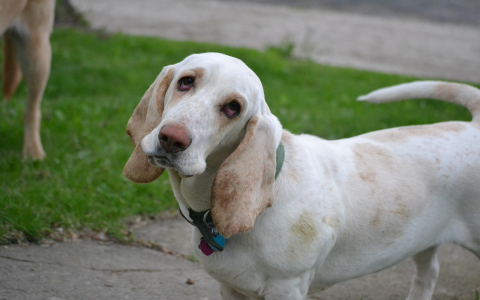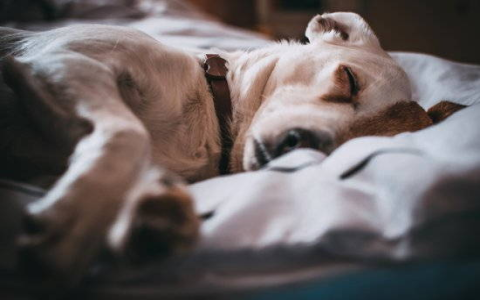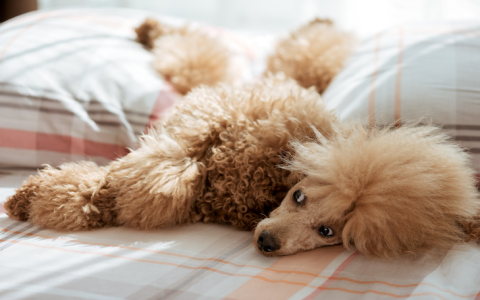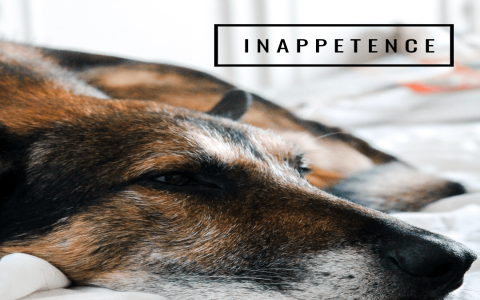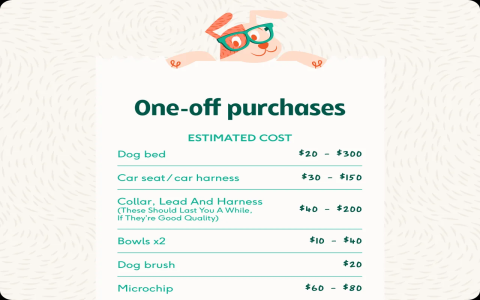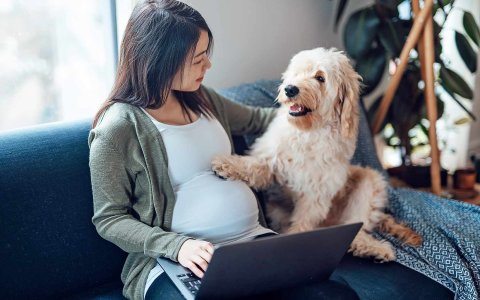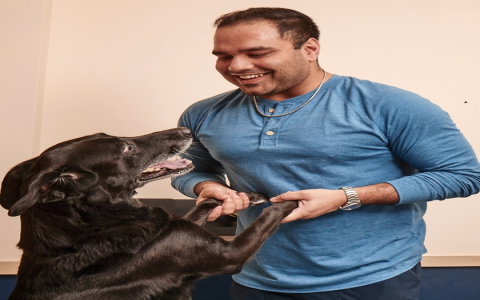Why does my dog pee on the couch? Expert advice for worried owners.
Figuring Out the Couch Peeing Saga
Okay, let's talk about something frustrating. Finding dog pee on the couch. Yeah, been there. It wasn't a one-time thing either, which really got me scratching my head and, frankly, pretty annoyed. So, I decided I had to figure this out, step-by-step.
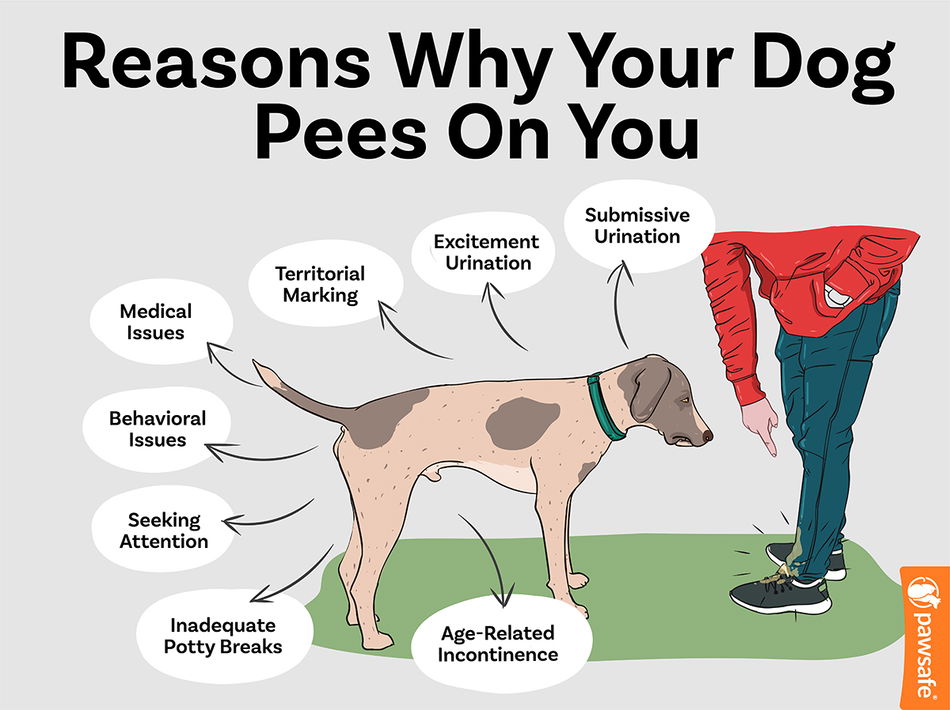
First off, I didn't jump to conclusions. My immediate thought was, maybe something's wrong medically. So, the very first thing I did was schedule a vet appointment. Took my buddy in, explained the situation. The vet did a check-up, ran some tests, mostly looking for things like a urinary tract infection or bladder issues. Thankfully, everything came back clear. That was a relief, but also meant the problem was behavioral, which can be trickier.
Next step? The crime scene itself. The couch. I knew I had to clean it properly, not just wipe it down. Dogs have amazing noses, and if they can still smell pee, they might think it's an acceptable spot. So, I went out and bought a specific enzyme cleaner designed for pet urine. This stuff supposedly breaks down the odor molecules, not just mask them. I followed the instructions carefully:
- Soaked the spot thoroughly. Really drenched it.
- Let it sit for the recommended time, maybe even a bit longer.
- Blotted it up with paper towels. Lots of them.
- Let it air dry completely. I even put a fan on it.
I did this multiple times over a few days, just to be sure.
While dealing with the cleaning, I started playing detective. I watched my dog like a hawk. When did it happen? Was I home? Was I away? Was it after something specific, like visitors leaving or loud noises outside? I tried to notice any pattern. Was he lifting his leg like marking, or squatting like he genuinely had to go? These little details mattered.
I realized it sometimes happened when I wasn't giving him enough attention, or maybe when he got spooked by something outside. It wasn't always the same trigger, which made it confusing.
Trying Different Tactics
Knowing it wasn't medical and having cleaned the spot (hopefully!), I moved onto management and training. I figured I had to make the couch less appealing and the outdoors more appealing for peeing.
Management first:
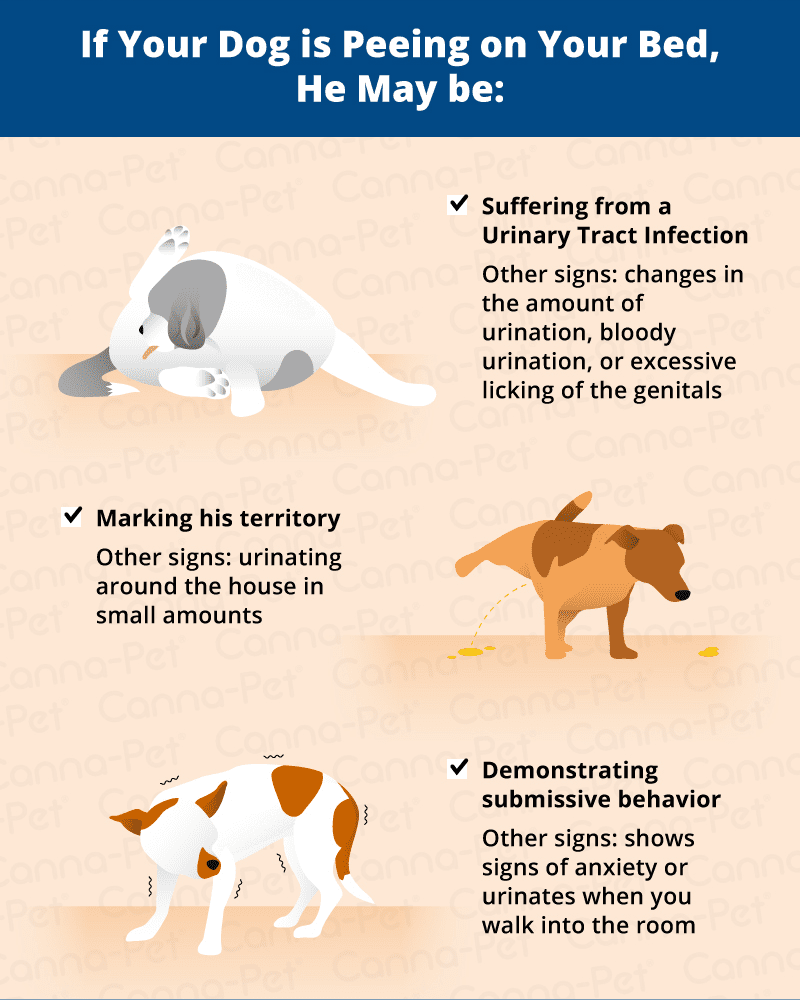
- When I couldn't supervise him directly, especially when I left the house, I made the couch off-limits. Sometimes I used baby gates to block the living room, other times I put chairs or laundry baskets upside down on the cushions so he couldn't get comfortable.
- I increased the frequency of potty breaks. Like, way more often. Every couple of hours when I was home, first thing in the morning, last thing at night, and right after naps or playtime.
Training next:
- Every single time we went outside and he peed, I threw a little party. Lots of praise, super enthusiastically, "Good boy! Go potty outside! Yes!" And I always had high-value treats ready, like tiny pieces of chicken or cheese, given immediately after he finished.
- I never punished him for peeing on the couch after the fact. Dogs don't really connect punishment to something they did hours, or even minutes, ago. It just makes them scared of you. If I caught him in the act, I'd make a sharp noise like "Ah-ah!" to interrupt him, then immediately rush him outside. If he finished outside, then cue the praise and treats.
It took time. Lots of time and consistency. There were still a couple of accidents during this process, which was discouraging, but I just cleaned them up with the enzyme cleaner and stuck to the plan. Eventually, the combination of making the couch unavailable, super-frequent potty breaks, and rewarding outdoor peeing started to work. He gradually got the message that the couch was not his toilet.
It's been much better now. We still have the occasional issue if his routine gets really disrupted or if something unusual stresses him out, but it's rare. Mostly, it involved ruling out health problems, cleaning thoroughly, managing the environment, and patiently reinforcing where he should go. It wasn't a quick fix, definitely a process I had to work through.
